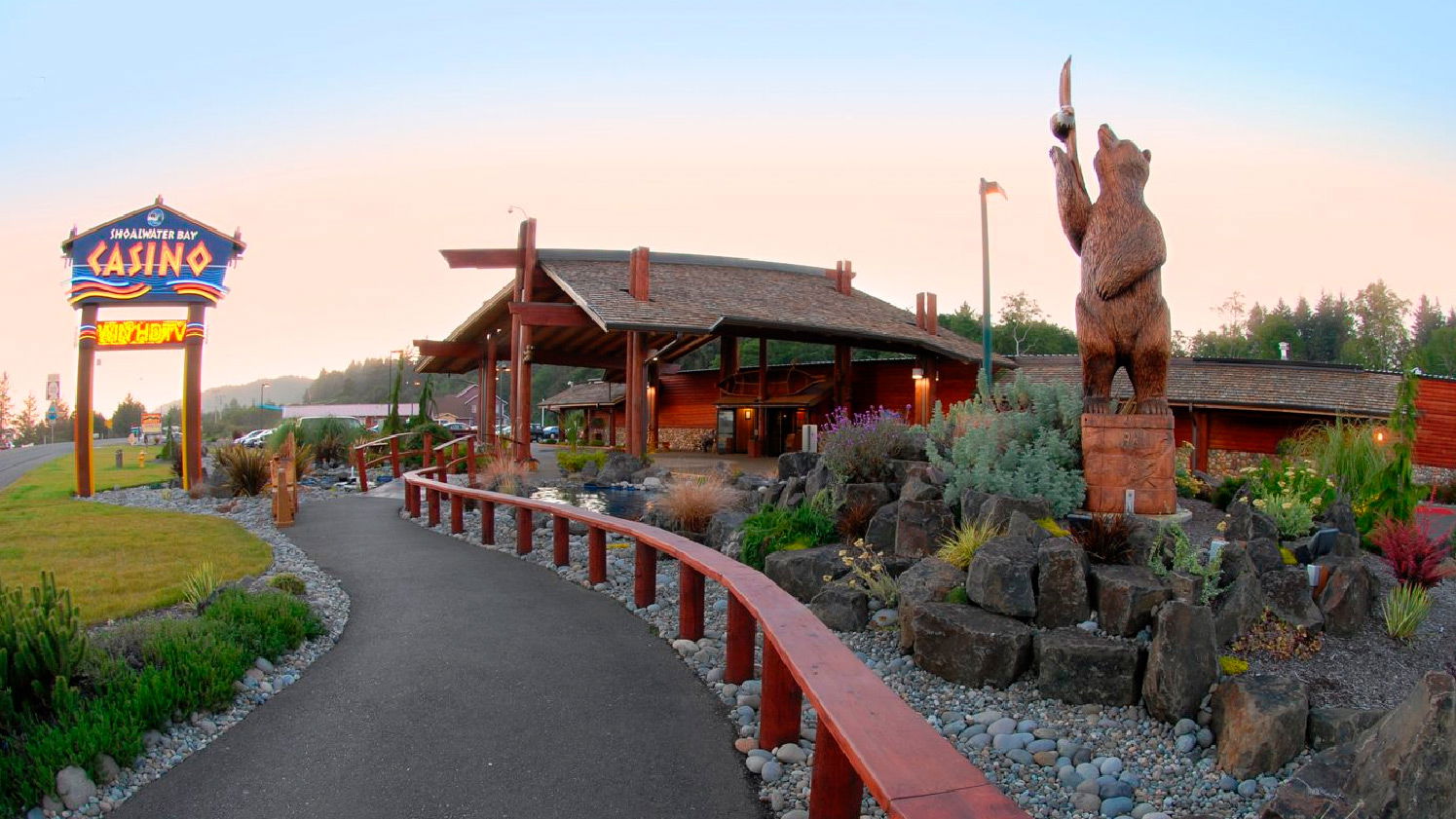Shoalwater Bay tribe seeking court to dismiss Maverick Gaming's lawsuit over Washington gambling and sports betting

The Shoalwater Bay Indian Tribe has filed a motion in federal court in Tacoma, Washington, seeking to intervene in cardroom operator Maverick Gaming’s pending lawsuit against federal and state agencies and officials. Maverick had initially filed a legal action in federal court in January in which it accused officials of allowing tribes to hold a decades-old monopoly on gambling.
Maverick’s move has long been protested by state tribes, which call the lawsuit a far-reaching effort that seeks to “wipe out every carefully negotiated tribal gaming compact” in Washington State, which they label “a direct attack on tribal sovereignty.” Kirkland-based Maverick Gaming is a gaming and entertainment company that operates 19 of the state’s 44 licensed cardrooms.
The business alleges an application of the Indian Gaming Regulatory Act (IGRA) is being used inappropriately to give tribes a monopoly over gambling, and has challenged their exclusivity on a number of activities, including sports betting. Tribes claim Maverick is seeking a “massive” expansion by allowing cardrooms to offer every form of gaming offered at tribal casinos.
According to the Shoalwater Bay Tribe, Maverick Gaming’s CEO Eric Persson is a member of the tribe himself. “His own tribe is calling on the court to dismiss the lawsuit because it violates tribal sovereignty,” a press release for trade non-profit Washington Indian Gaming Association (WIGA) says.
The new development in the battle over Washington gaming sees the Shoalwater Bay tribe seeking to intervene in the case and calling on the court to dismiss the suit. In the filing, the tribe’s lawyers write that Persson is seeking to “destroy, through his requested prayer for relief in the instant litigation, the major source of employment and discretionary revenue for his own tribe.”
“Accordingly, the tribe is compelled to seek limited intervention in this case and bring an end to his efforts to undermine his own tribe's very efforts to achieve economic self-sufficiency and provide adequate governmental services to its membership,” the filing continues, while claiming that while Maverick’s suit is directed against the United States government and various federal and state officials, the state’s tribes are “the true target” of the legal action.
The filing argues that because the tribes are the true target, but cannot be legally sued due to their sovereign immunity, the case must then be dismissed. In a statement, Charlene Nelson, Chair of the Shoalwater Bay Indian Tribe, said the tribe did not take the action to seek the dismissal of Maverick Gaming’s lawsuit “lightly,” but that there was no other choice.
“It pains us to have to legally oppose a member of our own tribe," said Nelson. "But Eric Persson's lawsuit left us no choice. If successful, this self-serving case would cause irreparable harm to historically marginalized tribal communities and to the general public as well."
Rebecca George, Executive Director at WIGA
"Washington's tribes stand united behind the Shoalwater Bay Indian Tribe. Maverick's lawsuit makes a mockery of the federal Indian Gaming Regulatory Act (IGRA), which has been the foundation for growing tribal self-reliance over the last three decades," commented Rebecca George, Executive Director of the Washington Indian Gaming Association.
George further added that the intent of IGRA is to help tribes to regain self-reliance by ensuring their ability to conduct regulated gaming, and that it was “never intended to give private, non-tribal gambling companies the right to override state laws” and offer gaming activities that tribes offer in neighborhood cardrooms.
Maverick’s lawsuit in January came after Washington Governor Jay Inslee signed into law House Bill 2638 in 2020, thus legalizing in-person sports betting at Class III gaming facilities in the state. Following the move, nine tribal casinos were greenlighted to offer wagering in September 2021, after amendments to their gaming compacts with the state were ratified.
However, non-tribal venues, including commercial cardrooms, were left out of the nascent market, and a bill seeking to extend sports gaming to them did not progress into law. Maverick Gaming’s lawsuit seeks to expand not only sports betting but also other forms of gambling, including slots, at cardrooms.

















































